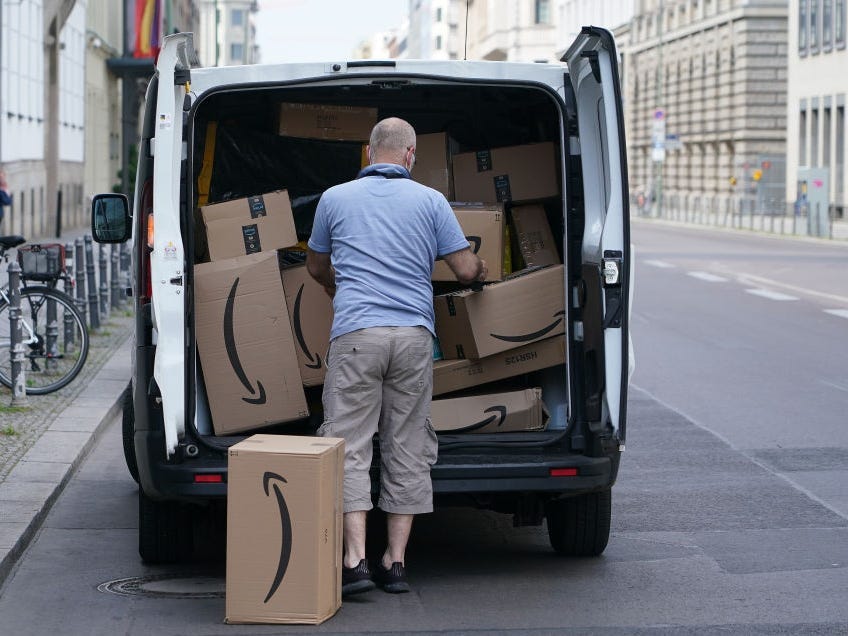
- Amazon will pay $18.85 million to Japanese sellers, ending a government investigation into unfair charges for vendors.
- A Japanese watchdog has accepted the company’s “improvement plan” that changes rules on seller charges, and closed an investigation into whether Amazon violated anti-monopoly laws.
- Amazon will make the payments over three years, and will not face any further penalties.
- Visit Business Insider’s homepage for more stories.
Amazon will pay nearly $19 million to around 1,400 vendors in Japan following an investigation into claims it discounted products and then made sellers cover some of the price difference.
Amazon Japan has also pledged to stop asking Japanese sellers for “co-operation” payments – charges that vendors pay to the company for systems upgrades and other unspecified improvements, local media reported.
The repayments, totalling 2 million yen ($18.85 million), are part of an “improvement plan” submitted by Amazon to the Japan Fair Trade Commission (JFTC), which was investigating Amazon under anti-monopoly rules. The JFTC accepted the plan on Thursday and dropped its investigation, but said Amazon would have to create new antitrust guidelines.
Amazon Japan lowers its prices in response to those listed by its rivals — and when Amazon can’t meet its profit targets, suppliers have been asked to make up of the difference, the JFTC said.
The e-commerce giant also allegedly asked suppliers to make payments towards a co-operative system it set up in 2018. In some instances, these payments were up to 10% of sales prices. The JTFC suspected Amazon of abusing its dominant bargaining position over smaller traders, it said in its release, and potentially violating the country’s anti-monopoly rules.
Amazon Japan will make the payments to sellers over three years, the JFTC said, and will have to develop new antitrust guidelines. Because it agreed to stop the practices, it will not face any government penalties.
Decision doesn't mean Amazon broke Japanese rules
The JTFC said its approval of Amazon's plan does not necessarily mean that Amazon Japan's activities violated the country's anti-monopoly rules.
An Amazon spokesperson told Business Insider that the company "operates in compliance with the laws and regulations in all locales in which we do business and there has been no finding of illegal conduct."
"After cooperative and productive discussions with the JFTC, Amazon has decided to make structural changes to several of our vendor fees programmes in order to increase transparency for our vendors," they said.
"We are working closely with all vendors to guide them through the applicable changes. We remain committed to having open and constructive discussions with all our vendors to support development of their businesses. In addition, we are pleased that the JFTC has committed that its guidance will apply equally and fairly to all companies, which will help ensure a level, competitive playing field."
The JTFC also investigated Amazon in 2016 after it found retailers were required to list their products on Amazon for equal or lower prices than on other online marketplaces. In some cases, Amazon also mandated suppliers sell their full product lineup on its platform, meaning that every size or color variation they sold elsewhere had to be available on Amazon, the JTFC said.
Amazon Japan voluntarily agreed to drop the practice and the JTFC ended the probe in 2017.
